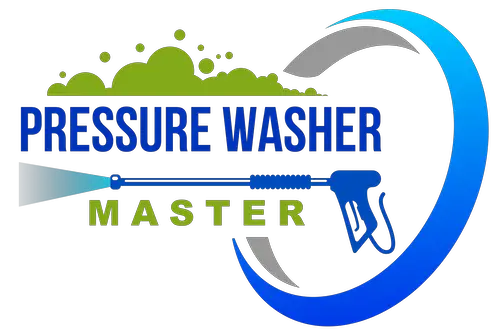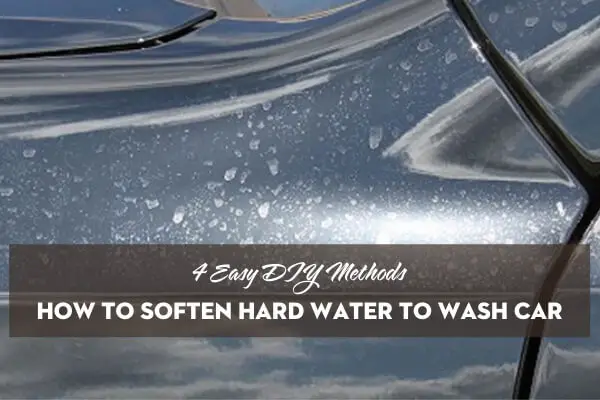If you have to deal with hard water when washing your car, you may notice that it is a real pain. Hard water stains seem to linger around no matter how hard you attempt to get rid of them quickly, and they can make your vehicle appear unclean in a way.
How can you avoid water stains on your automobile after you’ve washed it? Is it even possible to do so? Surprisingly, there is a method for preventing water stains from developing on your car’s paint after being cleaned.
This article will discuss how to soften hard water to wash car, including removing hard water stains and avoiding them altogether.
What Happens When Washing Car With Hard Water?
As we’ve seen, hard water may cause a variety of cleaning and rinsing issues in your house. It’s also true that the higher mineral concentration in detergents prevents soap suds from forming. Some individuals try to solve the problem by simply adding extra detergent to the water, but this does not work. If you try to wash with other soap or detergent because you have hard water, you are simply wasting money.
When it comes to washing car with hard water, these concerns apply equally. To get their car clean and clear of water stains, some individuals attempt using a pre-soak or adding car wash soap for hard water.
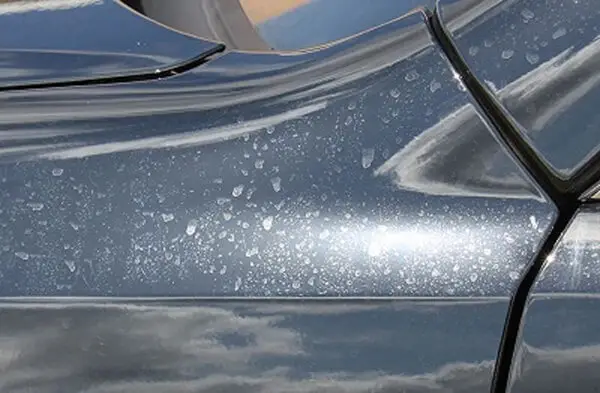
Although hard water car wash is familiar, the mineral content can create additional problems, notably spotting. When applying drying agents or a high-quality vehicle wax, however, a hard water wash improves the performance of these products.
Hard water components will not react with the chemical makeup of vehicle wax and a drying agent. Because of the high mineral content, hard water has the highest surface tension of the three types of water used for vehicle washing.
When it comes to drying and waxing afterward, this makes the water simpler to remove. In addition, the drops of water are simple to blow away during drying since hard water has little contact or adherence to the paint surface.
How Can Water Softening Benefit Car Wash?
Softening does not remove minerals from water, contrary to common belief. Instead, the hardness minerals calcium and magnesium are swapped in nearly equal quantities for sodium. As a result, softened water has a reduced calcium concentration, but it has a more excellent salt content.
Softening is beneficial to the vehicle washer since the minerals in softened water are more straightforward to remove and do not create the scaling caused by hardness; nevertheless, high TDS water, whether softened or not, can cause spots. There will be stains, even with softened high TDS water. It will just be easier to remove them.
Car washing stains develop when the water evaporates, and minerals in the water left behind become residue. Water with a low TDS level is, of course, perfect for vehicle washes. In most cases, however, it is not possible to remove all of the mineral content of water. Deionization eliminates all minerals and ensures a spot-free wash, but it is too expensive for the average home user.
Distillation works similarly. For a “spot-free rinse,” several professional car wash facilities utilize reverse osmosis water. If you’re a severe car washer, reverse osmosis decreases TDS by up to 95% and assures a spot-free rinse with most water sources… that’s something to think about.
Softened water assists in the decrease of soap used in vehicle washes. If you want to use less soap and save time wiping away markings, washing your automobile with softened water is a good idea. You can usually find out how hard your water is or how much TDS it contains by calling your local water provider.
How To Soften Hard Water To Wash Car
Boiling
Temporary hard water is calcium bicarbonate-rich hard water. This is because the dissolved minerals in the water are precipitated out of the water when it is boiled. Because boiling eliminates the calcium component of the water, the consequence is softer water.
Cleaning Solution
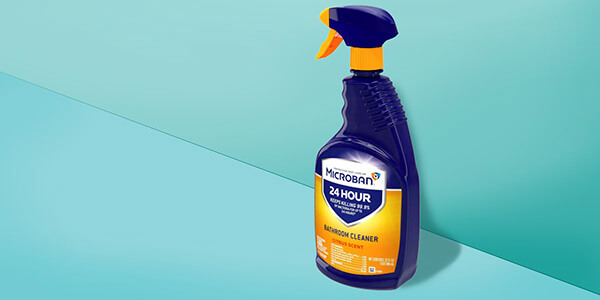
Hard water minerals combine with the chemical composition of soap to form “soap scum.” Soap scum, often known as lime soap, is a solid white build-up seen on water fixtures.
The positively charged calcium atoms in the water cause soap scum to develop. Soap molecules can’t dissolve because of these atoms. Instead, the undissolved soap molecules adhere to surfaces and accumulate.
Use a cleaning product developed for hard water to alleviate the impacts of hard water. These items include a solution that neutralizes the positive calcium atoms found in hard water. In addition, they make rinsing soap away simpler, which helps prevent scum from developing in the first place.
Baking Soda
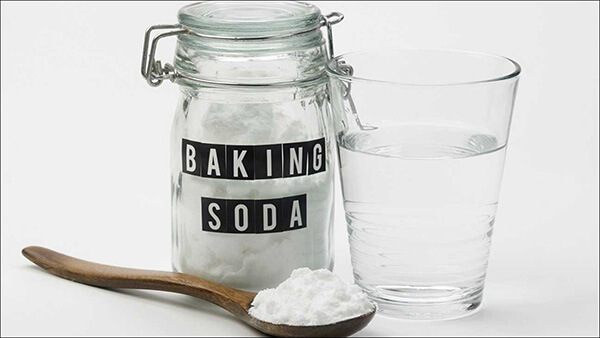
One of the most effective ways to treat hard water for cleaning is to use washing soda. It’s a chemical that’s made up of carbonic acid salts (sodium carbonate). It softens hard water that is both temporary and permanent.
Washing soda, in simple words, removes dissolved calcium and magnesium from hard water. Softer water arises from the elimination of specific mineral ions from the water. Soaps will lather up more efficiently as a result of this.
Distilled White Vinegar
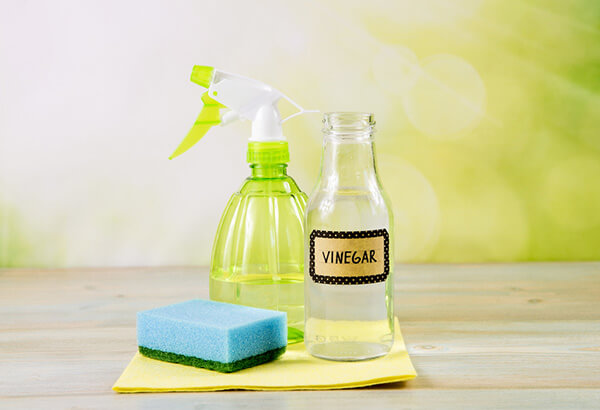
Calcium is naturally alkaline, meaning it has a pH of more than 7. On the other hand, white distilled vinegar has a pH of around 2.5, making it very acidic. Vinegar can aid in the neutralization of calcium in hard water in this way.
Only use vinegar as a water softener for cleaning.
Fixtures with limescale can be soaked for at least an hour in a basin of distilled vinegar. Hard water film and stains can also be removed by spraying vinegar on appliances and surfaces.
How To Make Spot Free Water For Car Wash
The following items are required:
- Soft water (preferably distilled water)
- Cleaning substance (shampoo)
- Vinegar
- A rag with a smooth surface (preferably a microfiber towel)
- Water supply
If you want to rinse the automobile with a water jet (pressure washer), that’s OK, but keep a safe distance and don’t use the higher PSI.
Here is how you wash the car to avoid water spots
- Spray water on the car
- Using a wet rag or a microfiber cloth, scrub the entire body.
- Concentrate a little more on regions where there are already wet spots.
- After washing one side of the automobile, immediately rinse it before going on to the next. Continue in this way until the entire body has been washed.
- To avoid stains, dry with a microfiber cloth.
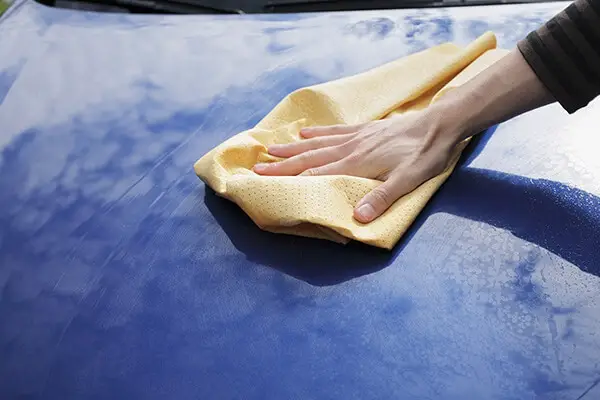
You obviously want the sun to shine on your automobile after being washed to reveal its luster, but you may wash it in the shade, dry it, and then expose it to the light to see how it glows.
While you wash the automobile, the sun will heat the body, causing bubbles or foams to dry faster. When the suds (from the cleaning solution you combined with water) dry rapidly, rinsing them off your car’s body will take more work.
Furthermore, if these bubble stamps are not thoroughly rinsed out, they will leave noticeable dents on the car’s body. It would look as though you had never cleaned the automobile.
Check out this video if you still want to wash your car under the bright sun:
Conclusion
When it comes to hard water, it all comes down to prevention and removal. Getting rid of hard water stains every time you wash your car is a pain, so why not discover how to soften hard water to wash car?
Water stains are unavoidable at the end of the day. However, with the appropriate surface treatment, care, and monitoring, you’ll never have a problem removing one. Keep in mind that finishing strong is a full-time job!
Related Post
